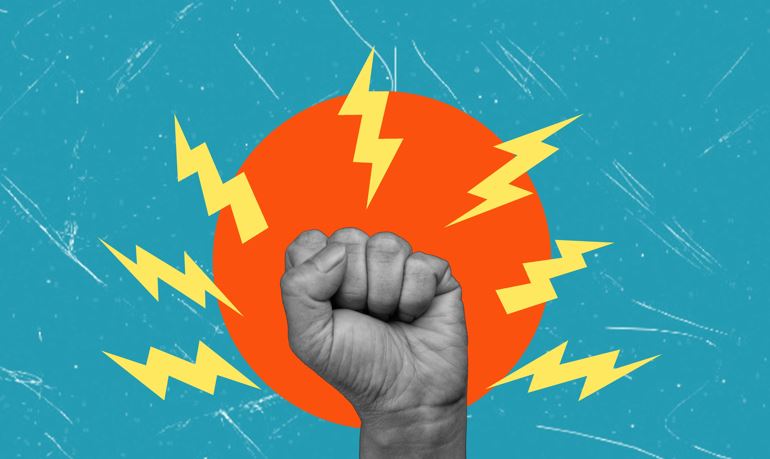
[CALL FOR PAPERS] A critical study of policy initiatives requiring online age verification
10 June 2024
[INTERVIEW] How to implement digital sovereignty? By Samuele Fratini
11 June 2024THE ROOTS OF AI REJECTION
Deadline July 7th 2024
Sciences Po Digital, Governance and Sovereignty Chair is opening up a call for papers aimed at researchers and focusing on the issue of aversion to AI.
Who are we?
The Digital, Governance and Sovereignty Chair is an interdisciplinary program within Sciences Po’s School of Public Affairs, which brings together researchers to analyse the economic, legal, social and institutional transformations brought by digital innovation. Our objective is to gather insights and perspectives on technology and digital policy from academic research, politics and civil society.
Topic of submission
Artificial intelligence evokes strong negative responses from a wide variety of people, stemming from a wide variety of standpoints or traditions. They range from instinctive to carefully argued, and target both existing and hoped for technologies, including purely fictitious scenarios devoid of scientific plausibility.
They take AI to consist of anything digital to cutting-edge AI systems with advanced, or not yet achieved capabilities in reasoning, self-learning, autonomous decision-making and direct intervention in actual situations. They envisage AI in its broadest conceivable span or in narrower domains such as information, law, medicine, education, war… They include both worries about what it achieves or could achieve and about what it cannot or could not achieve, including the controversial and much debated “existential risk”.
While most of these critical currents are well documented, and empirical studies of various dimensions of “fear of AI” are underway, we lack in-depth, wide-scope analyses of the roots of opposition to the very idea of AI.
Do the various forms of AI anxiety, phobia, wholesale rejection, have much in common? Do they stem from similar views of what constitutes humanness, whether on the individual or social level? Do they see AI as the ultimate assault of instrumental rationality, bureaucracy, productivism, capitalism? Would a better understanding of what AI is, how it works, and how far it can go, alleviate the rejection of AI? Or is there an irreducible disagreement between those who welcome and those who abhor the undertaking? Can a middle ground be found, whereby a strictly disciplined AI technology, producing only flanged systems, might become the norm of the field, thus making it as broadly acceptable as well-established all-purpose technologies such as electricity?
Throwing some light on the roots of systematic rejection of AI might help bridge the gap, not simply by disarming the opposition but by making way for a sober reassessment of AI’s legitimate ambition.
Applicants eligibility
The call is aimed at all researchers conducting or holding a PhD and belonging to the Sciences Po community. Applications from researchers outside the community will also be considered.
Remuneration
The selected author will receive a funding of 6,000 Euros, paid upon completion and submission of the study.
Format of application and timeline
Abstracts should be written in English language, they should contain the draft title of the research and be no longer than 400 words.
The final research paper is envisaged to be about 70 pages to 100 pages with text double-spaced.
The deadline for abstract submissions is July 7th 2024. The selected author will be notified by the end of July.
The final paper will need to be submitted by December 2024. The reviewed version of the papers will be published on the website of the Chair. The Research Paper may also be submitted to major international journals.
Researchers interested in applying to the Call for Papers should submit their abstract to eleonore.devulpillieres@sciencespo.fr by July 7, 2024, 11:59pm.
The application should specify and/or contain:
- Title of the research
- Academic affiliation and title
- Research areas and specialisation
- Email and phone contact
- The abstract attached in pdf format
- Link to previous publications [Optional]
Assessment
Submissions will be assessed on the basis of their quality and relevance by Sciences Po Chair’s Scientific Committee.
For any questions, please contact eleonore.devulpillieres@sciencespo.fr.

![[CALL FOR PAPERS] The roots of AI rejection Slide](http://www.sciencespo.fr/public/chaire-numerique/wp-content/plugins/revslider/public/assets/assets/dummy.png)
